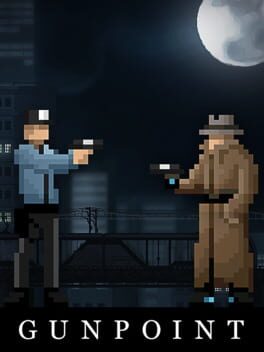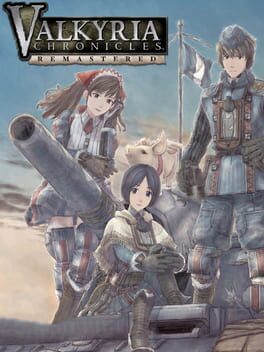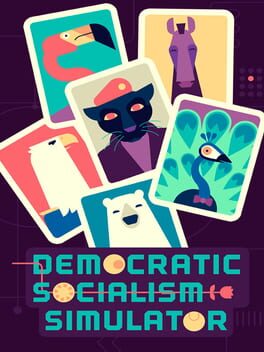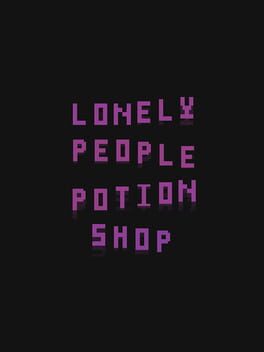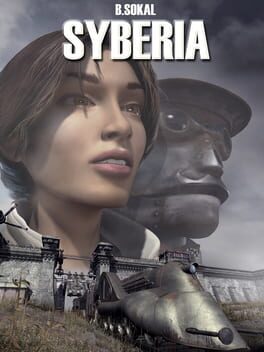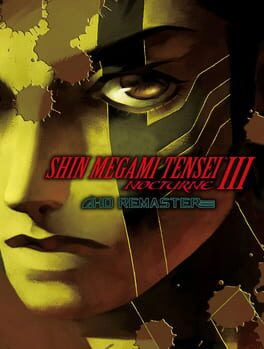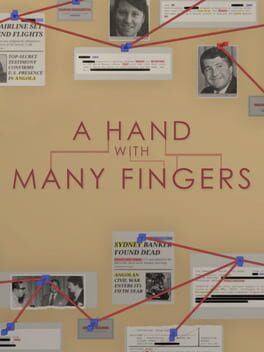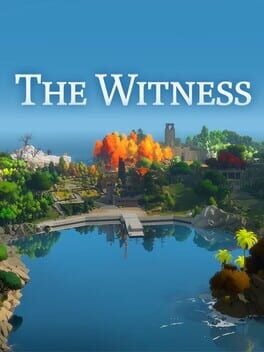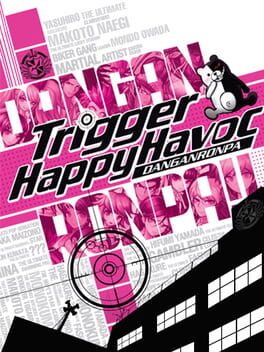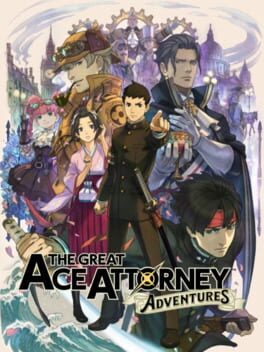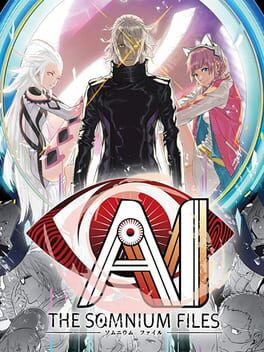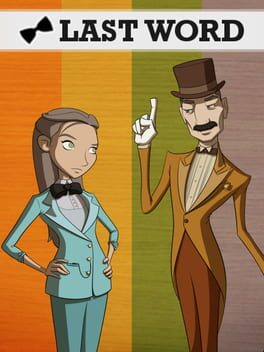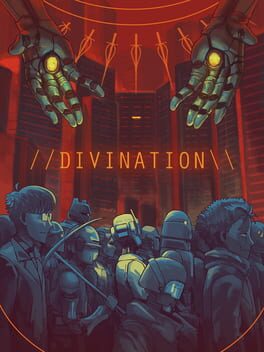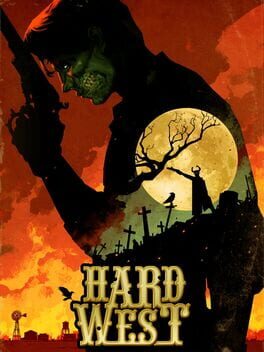2022
2013
I really do enjoy the freer-form take on strategy movement, regulating motion with energy instead of a strict tile system allows for more interesting arenas, but I got filtered by Marberry Beach and I'm not interested enough in the story to grind for upgrades.
Also having a vaguely WW2 inspired urban fantasy setting where bloodline magic is real seems like an own goal if what you're attempting to say is that the side with a fixation on racial purity is the bad guys. Maybe have them be incorrect.
Also having a vaguely WW2 inspired urban fantasy setting where bloodline magic is real seems like an own goal if what you're attempting to say is that the side with a fixation on racial purity is the bad guys. Maybe have them be incorrect.
I enjoy the basic premise of Jarmuschy conversation in a fantasy setting, but neither the potion making nor the characters really become anything above replacement level. Nothing is out and out bad, they're all cute little things that are fun enough the first time you talk to someone about their life story trading on the road or mix together a nice little orb drink but become really tedious at the point where you provide like 4 different potions for a big boss fight, going through the whole functionally identical process to get somewhat different orb drinks. It was made in a month as an event thing, it's going to be curtailed in some ways, I get it. The potions are very pretty, though.
2002
I find it much easier to get into steampunk clockwork stuff when it's the decaying relics of a guy's fascinations than the usual "isn't it epic to do adventure in a vaguely colonial context" stuff, and I absolutely would have gone on that train to go see the mammoths, being a high powered lawyer sounds unbearable.
2016
This review contains spoilers
The compromise in favor of the idea that audiences need to shoot something in order to have a good time and the compromise that in order to talk about the idea of despair you have to have an explicit Despair Loving Terrorist Cell to justify it narratively (in the sense that Junko's fascination with despair doesn't need to be justified as a narrative choice and can just be because that's a fun theme to explore) instead of just doing No Exit on its own merits drag this one down, especially the 6th case. Hilarious character writing, charming and intellectually compelling dynamics, and solidly constructed murder mysteries are still good enough to get me through. Probably won't be continuing myself, a let's play is more likely.
Call me old fashioned if you must, but when I'm playing an investigation game, I would prefer to get the information I need while actually doing the investigation, not during the preamble where I'm sitting and pressing A while characters just poorly conceived enough talk just long enough that the fact that they're catboy Sherlock Holmes or a steampunk child genius stops being charming and starts being a little annoying. The actual investigations and trials can be very fun, especially the jury examination and deduction response mechanics, but I wish it wasn't so irritating to get to them.
Just not much to this one. The dream sequences are too arbitrary to feel like good puzzles and too prosaic to feel like genuine dreams, and none of the characters are particularly inspired so I have no impetus to get through the parts between the dreams. I don't really care for the sort of moeblob characters that make up most of the main character's social circle, so that's just me, but the dynamics presented don't elevate things past that.
2015
2019
Beautiful setting, fantastic illustrations, but generally underwhelming as both a story and a set of mechanical interactions. Making explicit the implied meaning of the illustration you show the client is a bad move, both because it's hard to connect the ambiguous and sometimes arbitrary glyph with the definite answer and because letting the client interpret is a more interesting way to express their character. Either way, it feels like a tutorial but without the part where you feel like you've gotten an understanding of the mechanics by the end.
2015

